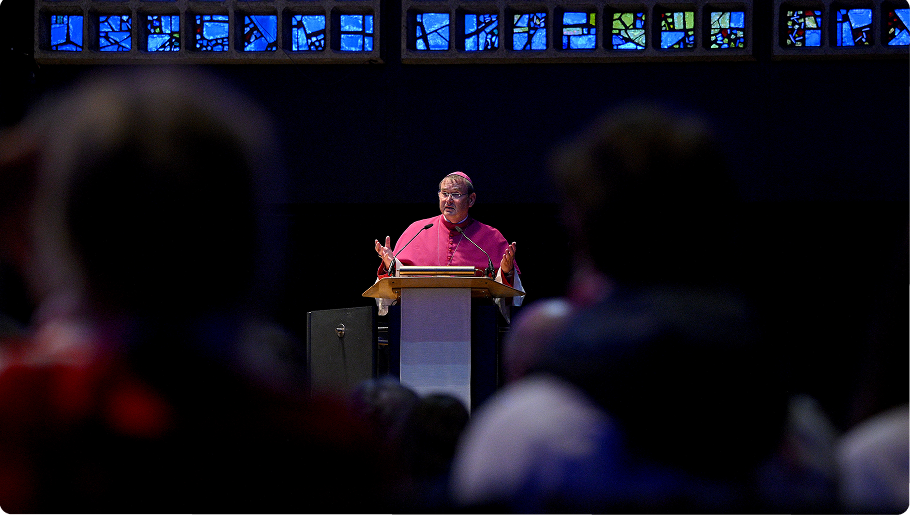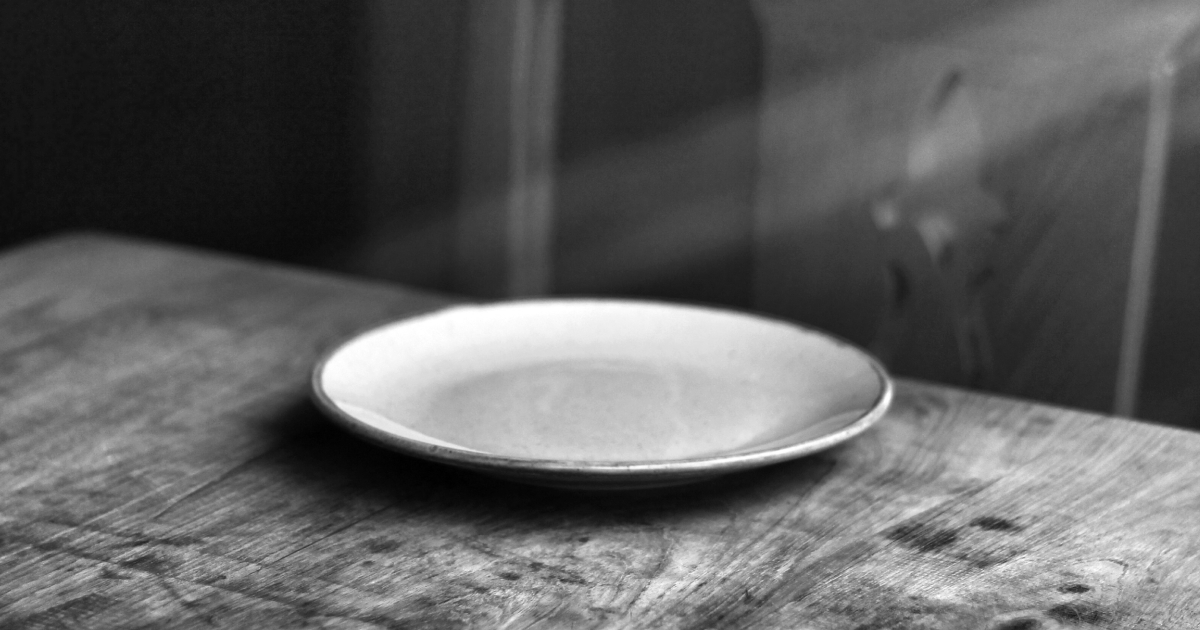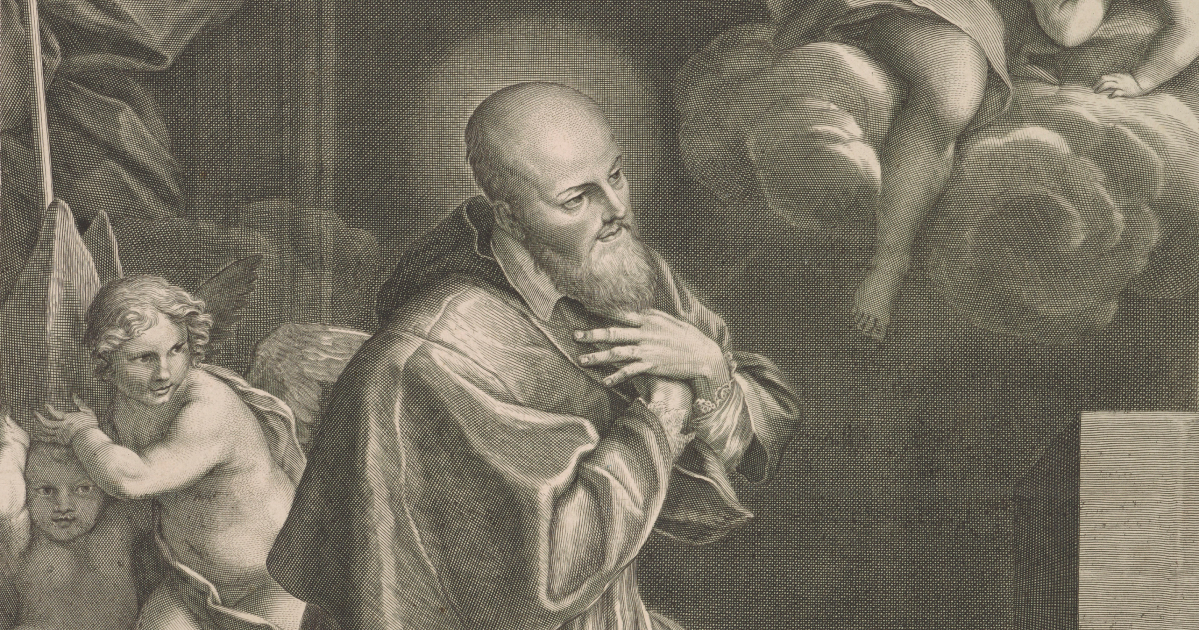A German bishop has condemned a prayer of reparation offered by four bishops earlier this month following a Vatican pilgrimage by LGBTQ Catholics.
Auxiliary Bishop Ludger Schepers of Essen publicly denounced an act of reparation undertaken by four bishops on 4 October during the Catholic Identity Conference, after an LGBTQ pilgrimage to the Vatican on 6 September.
Speaking to the German bishops’ agency KNA, he described the gesture as “a scandalous sign of ecclesiastical narrow-mindedness and an open rejection of all those who long for a Church that truly lives the Gospel.”
Bishop Schepers said the prayer was “not an act of faith, but an act of exclusion” and described it as “shameful.” He added that those calling for forgiveness for the “mere presence” of homosexuals in the Church reveal “not piety, but fear of diversity — and thus a dangerous spiritual narrowness that betrays the Gospel.”
Rather than demanding reparation from LGBTQ people, Bishop Schepers argued that it is the Church itself that must repent “for the harm it has caused to queer people over the decades.” He warned that “the Church cannot speak credibly of love as long as it rejects people who love.”
The reparation prayer had been led by four prelates: former US bishop Joseph Strickland, Kazakh auxiliary bishop Athanasius Schneider, Swiss auxiliary bishop Marian Eleganti, and Dutch auxiliary bishop Rob Mutsaerts. They claimed that the LGBTQ pilgrimage to St Peter’s Basilica had acted as a “platform for legitimising sins against the sixth commandment,” referring to acts of “fornication” and “sodomy” in their statement.
Schepers firmly rejected that interpretation. He said the pilgrimage was “not a protest, not a provocation, but a celebration of faith” and that it bore witness to “the vibrant diversity of people in the Church” who pray, hope, and believe together. “These pilgrims did not act against the Church — they are the Church,” he stated.
His intervention is the latest in a series of flashpoints within the German Church over same-sex blessings and pastoral outreach. Bishop Schepers was appointed in February 2024 as the first National Commissioner for Queer Pastoral Care, part of the German Bishops’ Conference’s attempt to coordinate national pastoral work with queer Catholics.
Born on 18 April 1953 in Oberhausen-Osterfeld, Schepers was ordained in 1979 and became auxiliary bishop of Essen in 2008. He holds degrees in theology, philosophy, and canon law and has long been active in pastoral and judicial roles in his diocese. Before his national appointment, he served as diocesan “queer representative,” advocating for more inclusive pastoral practice.
The row over same-sex blessings in Germany has intensified since the Synodal Way urged official approval of blessing ceremonies for couples who love one another, including same-sex couples. Some dioceses have adopted the guidelines Segen gibt der Liebe Kraft (“Blessings Give Strength to Love”) and begun pastoral implementation, while others have rejected them, citing the Vatican’s directive Fiducia Supplicans, which restricts ritual blessings in such cases.
(Photo by Lukas Schulze/Getty Images)

















